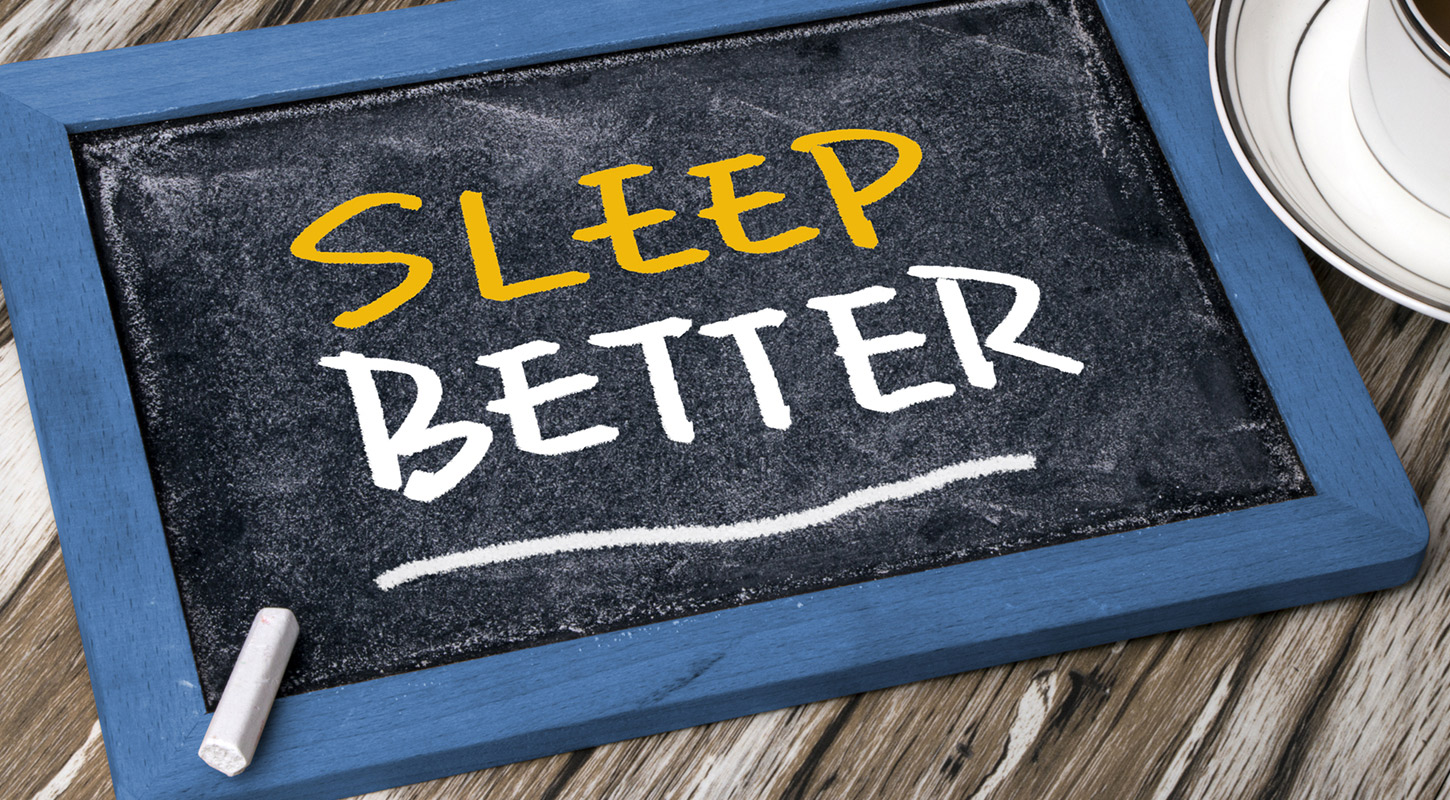Baptist Sleep Medicine Physician Discusses Sleep Disorders and How to Get a More Restful Sleep

Sleep is crucial for our maintaining our overall health – and unfortunately, its importance is often overlooked. Almost 40 million people in the United States alone suffer from sleep disorders, while 20 million more experience irregular sleep issues. Knowing how to recognize – and remedy – sleep issues can improve your overall quality of life. We spoke to Dr. Robert Schriner, medical director at the Baptist Sleep Disorders Center, to find out more about sleep disorders.
What are some of the most common sleep disorders?
The specialty of Sleep Medicine evaluates and treats a variety of sleep disorders, including:
- Circadian rhythm disorders, which represent an “lifestyle out of sync with your internal clock”.
- Parasomnias like sleepwalking, nightmares, or night terrors.
- Insomnia is experienced by over 50% of Americans intermittently and up to 10% on a regular basis. Patients may report difficulty falling asleep, frequent awakenings, or waking too early accompanied by waking unrefreshed.
- Obstructive sleep apnea (OSA) is characterized by loud snoring and repeatedly stopping breathing or gasping episodes. Sleep apnea is most common in middle-aged and overweight men.
- Periodic limb movement disorder (PLMD) or restless legs syndrome (RLS) causes a jerking of the legs during sleep, which cause frequent brief arousals and a poor quality of sleep.
- Narcolepsy is a condition where irresistible “sleep attacks” can occur at any time. Laughter and strong emotions such as anger may bring on a sudden loss of muscle control called “cataplexy.” Patients may also describe episodes of vivid dream imagery.
What steps can someone take to identify whether they are dealing with a sleep disorder?
If you are experiencing a nighttime sleep problem or feel inappropriately sleepy during the day, first review lifestyle tips that can help promote better sleep. If your sleep problems persist for longer than a week and are bothersome, or if sleepiness interferes with the way you function during the day, a doctor’s help may be needed.
To get the most out of your doctor’s visit, you will find that it is often helpful to keep a diary of your sleep habits or use information from a personal health device such as a Fitbit for at least a week. This can help identify just how much sleep variability you have and what you may be doing to interfere with it. Your doctor can use this information and a basic examination with blood tests to determine whether there are any underlying medical or social conditions that are contributing to your sleep problem. Depending on the initial medical evaluation, your doctor may recommend further studies at a Sleep Disorders Center.
What are some of the biggest mistakes people make that can cause them to develop poor sleeping habits in general?
Not adhering to good sleep promoting behaviors, like:
- Stick to a schedule, and do not sleep late on weekends. Go to bed and get up at about the same time every day.
- Get enough daylight. You should try to spend at least 30 minutes outside in natural sunlight, preferably in the first 3 hours of the morning.
- Exercise every day. If you are trying to sleep better, the best time to exercise is in the afternoon.
- Avoid daytime napping. If needed, limit daytime sleep to a 20-minute power nap before 3 pm.
- Avoid post-lunch caffeine and nighttime nicotine. Do not drink alcohol near bedtime.
- Do not eat or drink a lot before bedtime.
- Wind down before bedtime. Avoid working, studying, watching action or scary movies or shows, or reading exciting books as you begin to prepare for bedtime.
- The bedroom should be quiet, dark, and comfortable. Silence promotes better sleep. Turn off the radio and TV. Use earplugs, a fan, or some other source of constant, soothing, background noise to mask sounds that you cannot control, such as a busy street, trains, airplanes or even a snoring partner.
- Leave the bedroom when unable to sleep. After about 15 – 20 minutes of sleeplessness, you should leave the bedroom and engage in a quiet activity (usually light reading) elsewhere. Return to bed when – and only when – you are sleepy.
- Do not rely on sleeping pills (if possible). Check with your doctor before using any sleeping aids. Make sure the pills will not interact with other medications or with an existing medical condition. Use the lowest dosage and never mix alcohol and sleeping pills.
What distinctive services does Baptist offer the Mid-South that can help people who are struggling to get a good night’s rest?
Baptist Memorial Health Care offers multiple Sleep Disorders Centers directed by physicians board-certified in Sleep Medicine capable of evaluating the spectrum of sleep issues. These are located in Collierville, TN; Southaven, MS; Jonesboro, AR; Columbus, MS; and Oxford, MS.
Learn more
If you think you may be suffering from a sleep disorder, make an appointment with one of our Sleep Medicine specialists or sign up to participate in our upcoming sleep study.
